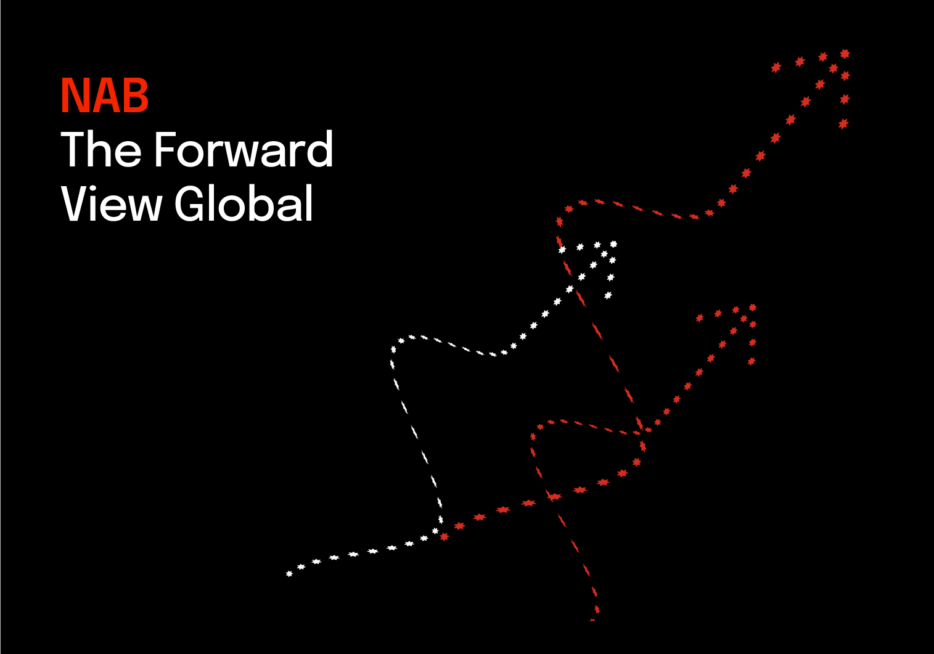Global growth headed for a H2 trough as tariffs start to bite


Insight
Conditions still strong but confidence weaker
Conditions remained strong but business confidence weakened in October. By component, trading conditions and employment eased, but remain high alongside ongoing high levels of capacity utilisation. Conditions remained strong across industries and states. While activity indicators remained strong, business confidence eased in the month to 0 index points – below the long run average. The drop in confidence aligned with some softening in forward orders and reflected an increasingly negative global economic outlook and ongoing rate rises domestically. The slowing in purchase costs growth seen in September was partly reversed, with costs up 4.1% in quarterly terms, but labour cost growth continues to moderate after spiking in July – likely related to the recent minimum wage decision. Final product prices grew 2.0%, with retail price growth up to 3.0%, indicating the strong inflation seen in Q3 will likely continue into Q4. Overall, the survey suggests that firms are growing wary of the potential for a slower period ahead, despite ongoing strong demand.
Business conditions fell 1pt to +22 index points. Trading conditions fell 6pts to a still-strong +31 index points, and employment fell 2pts to +14 index points, while profitability rose 1pt to +22 index points
“Conditions remained strong in October with demand still very elevated and profitability holding up,” said NAB Chief Economist Alan Oster. “As we have seen in official data, consumers continue to spend despite headwinds from inflation and interest rates, and that run of strength looks to have carried on into October.”
“Conditions remain fairly robust across the states and across sectors,” said Mr Oster. “There was something of a correction in wholesale and retail conditions this month from very high readings in the previous survey but they both remain at very strong levels, as do conditions in mining, transport & utilities, and recreation & personal services.”
Business confidence fell 4pts to 0 index points, and is now below the long-run average. Confidence fell sharply in transport & utilities, as well as in mining, manufacturing, finance, business & property, recreation & personal services, and wholesale. Across the states, confidence fell sharply in Vic and declined in NSW, Qld and SA.
“Despite the strength in conditions, confidence has been falling for several months as headwinds have weighed on the outlook for the global economy and Australia,” said Mr Oster. “Confidence is now below the long-run average at 0 index points, which effectively means that just as many firms in our survey are pessimistic as optimistic.”
“The easing in confidence was in line with some softening of leading indicators, with forward orders softening this month from +14 to +7 index points,” said Mr Oster. “That is still fairly robust but lower than the strong levels of forward orders seen recently and could be a sign that the clouded economic outlook is beginning to affect activity.”
“Notably, capacity utilisation remains very high, reflecting the strength of demand and ongoing difficulty finding suitable labour,” said Mr Oster.
Costs measures were mixed. Purchase costs growth rose to 4.1% in quarterly terms (from 3.7% in September). Labour costs growth moderated further, to 2.7% (from 3.1% in September). Inflation measures remained elevated with overall price growth running at an unchanged 2% in quarterly terms. Retail prices accelerated again, to 3%, while price inflation for recreation & personal services eased to 1.5%.
“Purchase costs continue to be a source of upward pressure but labour cost growth continued to ease in the month,” said Mr Oster. “It increasingly looks as if the very strong labour cost print in July was an outlier driven by the increase in minimum and award wages. Nonetheless, labour costs remain elevated and underlying wage growth is clearly a driver.”
“Strong price growth in October reinforces our expectation that inflation will continue to rise strongly through Q4,” said Mr Oster. “Retail price growth was higher again in October, signalling that goods-side inflation remains a key challenge.”
“Overall, the survey indicates demand remained strong through October but highlights that headwinds are beginning to weigh on businesses’ expectations for the future,” said Mr Oster. “We do share these concerns with consumption expected to soften materially in 2023 as inflation and higher interest rates take a toll. Still, a strong labour market will be an ongoing source of support for households and for now we don’t foresee a recession for Australia.”
For more information, please see the NAB Monthly Business Survey (October 2022)
© National Australia Bank Limited. ABN 12 004 044 937 AFSL and Australian Credit Licence 230686.